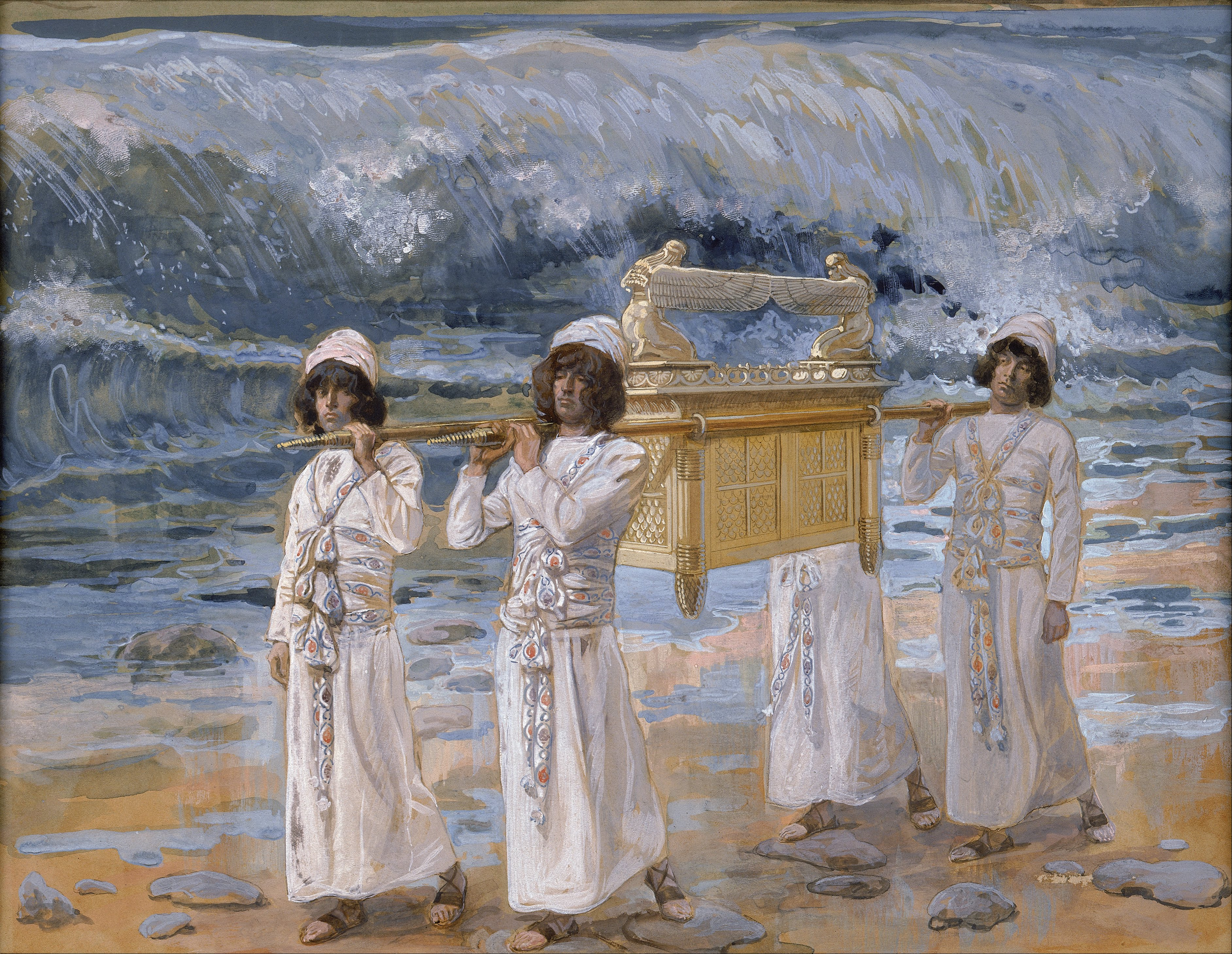
When It’s Not Working Out
If you’ve been writing and working towards getting published, even more so, if you are writing because you know…
June 14, 2018
If you’ve been writing and working towards getting published, even more so, if you are writing because you know…
June 14, 2018
Save money. Learn theology. Become a better writer. Minister more effectively. That’s my hope for you. In this…
August 24, 2017
So, I guess it’s ok for a writer to be a NASCAR fan—especially a Southern writer, right? I’m a…
July 10, 2017
Save money. Learn theology. Become a better writer. Minister more effectively. That’s my hope for you. In this second…
May 10, 2017
“Pastor, I used to be religious. I’d pray and read my Bible, I don’t know what happened, I…
April 4, 2017
If you are ministering through your writing, then I am certain that at some point in your ministry God…
April 4, 2017
Save money. Learn theology. Become a better writer. Minister more effective. That’s my hope for you. In this second…
March 10, 2017